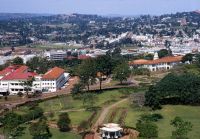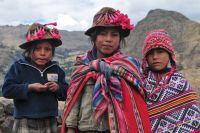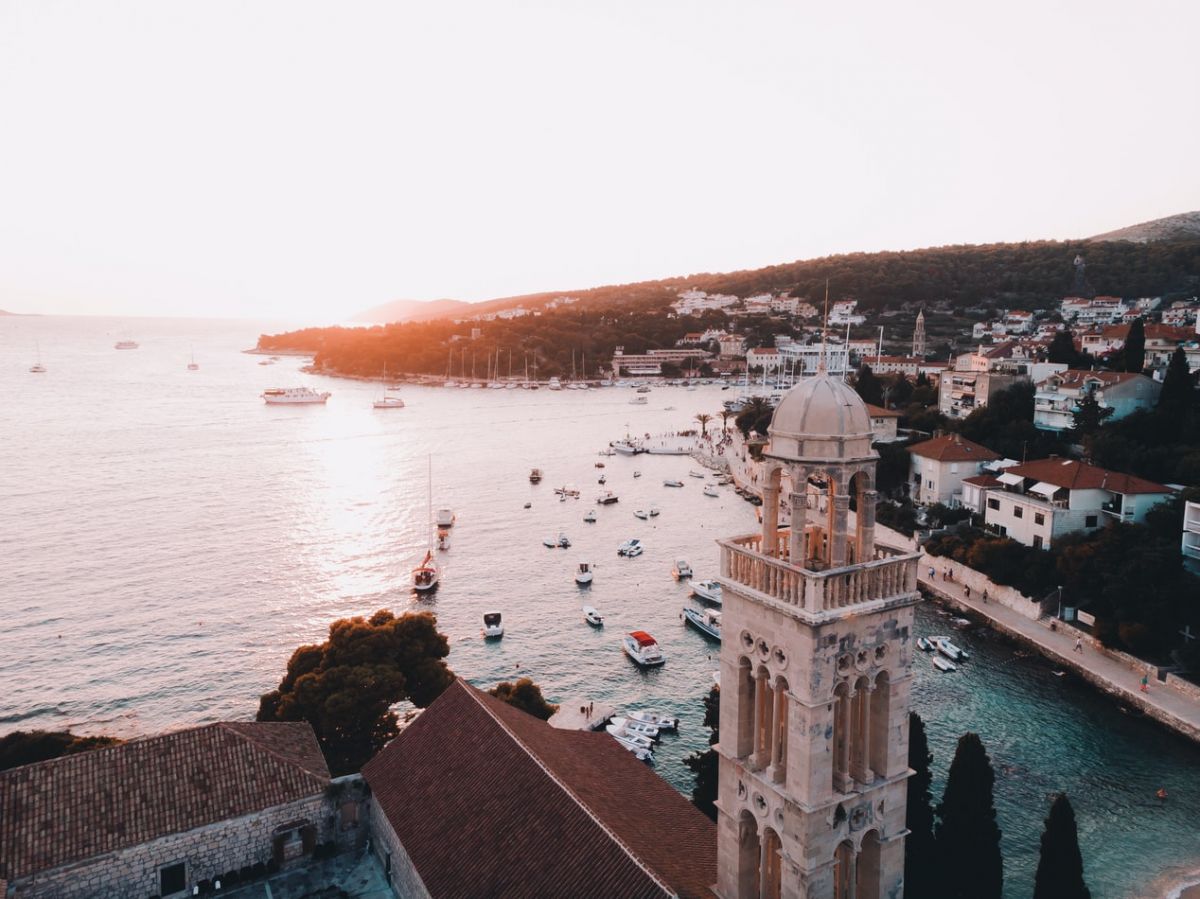31 facts about Poland
Poland is more than 1000 years old. It had many years of prosperity and many years of hard times. It even disappeared from the world maps for more tha ...
51 facts about Croatia
Croatia is a small country on the Adriatic Sea, on the border between Central and Southern Europe. Once part of Yugoslavia, it has been an independent ...
23 facts about Bangladesh
Bangladesh is located in South Asia, the Bay of Bengal. It is a relatively young country, for its history dates back only fifty years. Over the years, ...


















